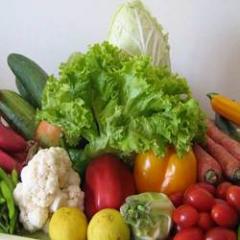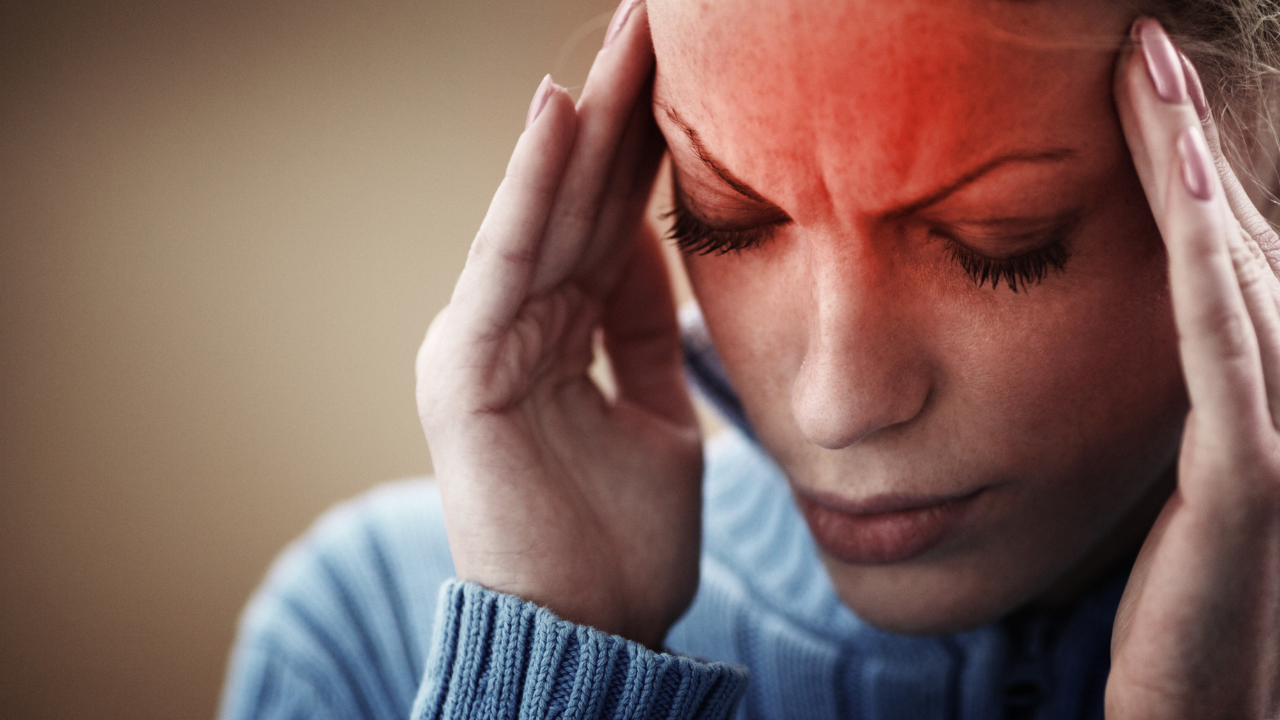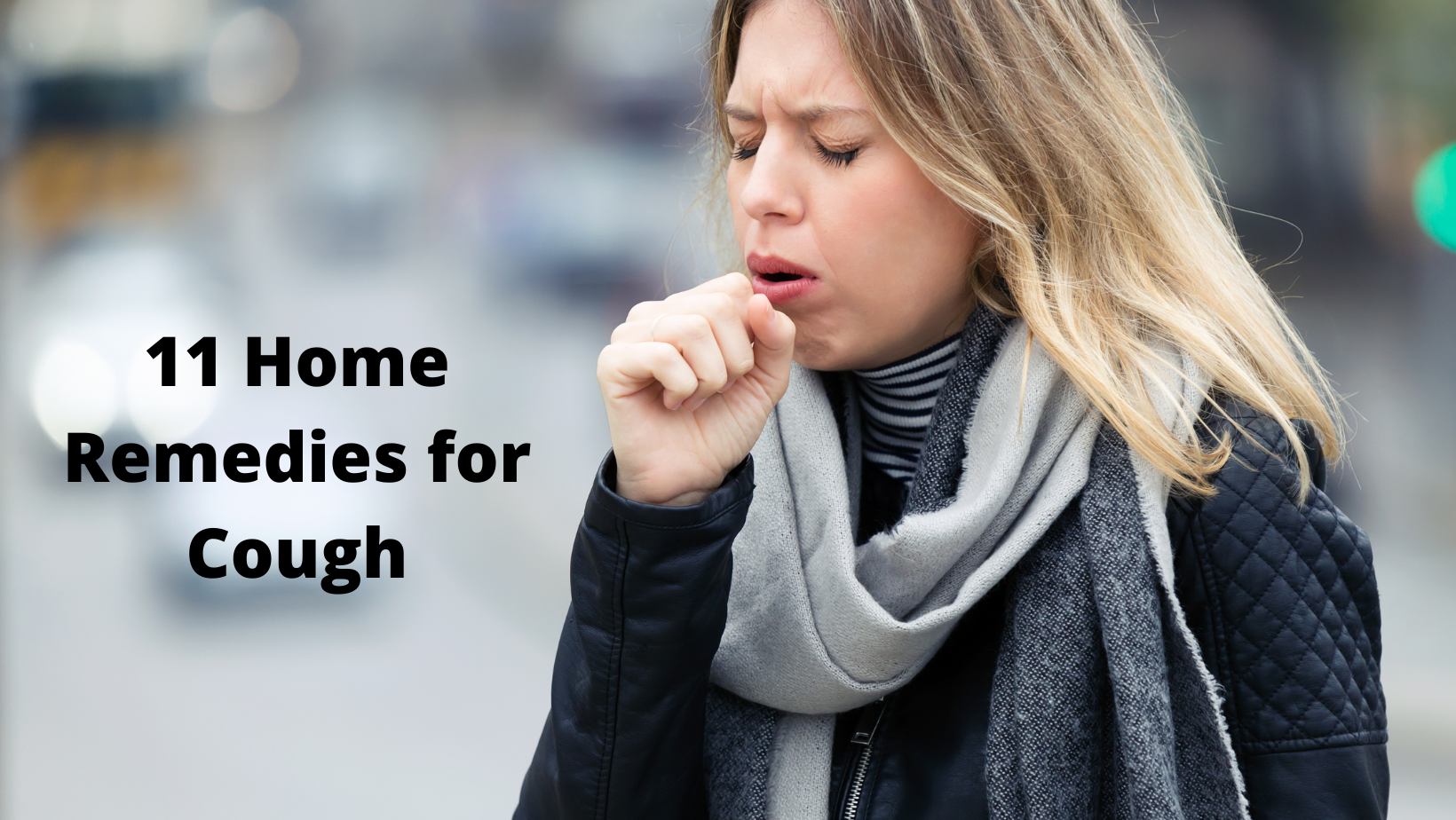Ayurveda Diet
In Ayurveda diet attention is given to treating people as individuals,by eating according to Your Dosha.
Diet For Vata (General Considerations)
Ayurveda diet for vata are-
• As people with dominant Vata dosha have both unpredictable appetites and an inherent loathing of routine, eating quality food in sufficient quantity by eating more frequently is useful, as long as there is hunger.
• Key qualities of Vata diet are warm; heavy moistening, nourishing, nurturing, soothing, satisfying, and grounding. Warm foods are best, especially stews and simple one-dish meals. Avoid a great variety at one meal.

• Use mild spices and a little salt to help prime digestion.
• Eating at home is best. Eating fast food is the very worst choice.
• Be aware of allergies. Vata people do not tolerate nightshades (potatoes, tomatoes, peppers, eggplant) and are often lactose intolerant.
• Avoid eating when nervous, anxious, afraid, deep in thought, or worried or otherwise distracted.
• As Vata digestion is the least strong, pay attention to eating when eating; avoid watching TV., listening to radio, reading, etc.
• Eat with people who take pleasure in eating in a calm, tidy, clean, and spacious feeling atmosphere.
• Skipping meals is not good, but overeating is worse. Avoid "pigging out" on anything. Excess is never good for Vata types.
• Vata is increased by age, autumn season, afternoon time, travel, loud noise, cold and wind. Be particularly careful with diet at these times or when in these situations.
• Qualities of food that balance Vata are: sweet, heavy, sour, salty, oily, warm. Take proportionately more of these.
• Qualities of food that unbalance Vata are: pungent, bitter, astringent, light, dry; cold. Take less of these and less frequently.
Diet For Pitta (General Consideration)
Ayurveda diet for Pitta are-
• People with a dominant Pitta dosha usually have a strong appetite that needs to be satisfied regularly. Unsatisfied appetite leads to intense hunger and to outbursts of irritation, even anger.
• Key qualities for Pitta diet are cool, slightly dry (not soggy or oily) and a little heavy. Avoid salt.
• Eat main meals or at least a good size meal at midday.
• Avoid late night eating. Fresh fruit or vegetables are the best evening snack if appetite demands.
• Eating with an attitude of calm and gratitude is particularly helpful.
• Avoid eating when angry, irritated, or in competitive situations. Business lunches might be a bad idea.
• Pitta's strong digestion can lead to the development of abusive habits that cause problems eventually, i.e. over-eating, eating excessively greasy foods, or excessively rich or hot, spicy food.
• Avoid salty, greasy, overly cooked, excessively rich, heavily spiced, or sour foods as well as caffeine, red meat, many eggs, alcohol, and sugar.
• Pitta is increased by summer, at midday and midnight, intense heat, excessive sunlight. Be most mindful at these times.
• Qualities of food that balance Pitta are: sweet; astringent, bitter, cool, heavy, dry. Take proportionately more of these.
• Qualities of food that unbalance Pitta are: pungent, hot, sour, light, salty, oily. Take less of these and less frequently.
Diet For Kapha (General Consideration)
Ayurveda diet for kapha are-
• Changing old patterns to eat less in quantity and frequency but maintaining a high quality of foods is key for balancing Kapha dosha.
• Take low salt, low fat, high fiber, lightly cooked foods.
• Kapha people are the only ones who can happily skip breakfast. Eating between 10AM and 6PM is best.
• Take a gentle walk after eating. Avoid sleeping after meals as this adds to heaviness in the body.
• Fast one day a week.
• Be mindful not to use food for emotional support. This will definitely cause weight gain (especially consuming chocolate and late night ice cream).
• Kapha is increased in early morning, later in the evening, and in the spring. Be most careful with your diet at these times, avoiding heavy breakfasts or late night kitchen raids.
• Qualities of food that balance Kapha are: pungent, light, dry, astringent, bitter, and hot. Take proportionately more of these and more often.
• Qualities of food that unbalance Kapha are: sweet, heavy, sour, oily, salty, and cold. Take less of these and less frequently.
Return From Ayurveda diet to Ayurveda herbs
Return from Ayurveda diet to Home Page



